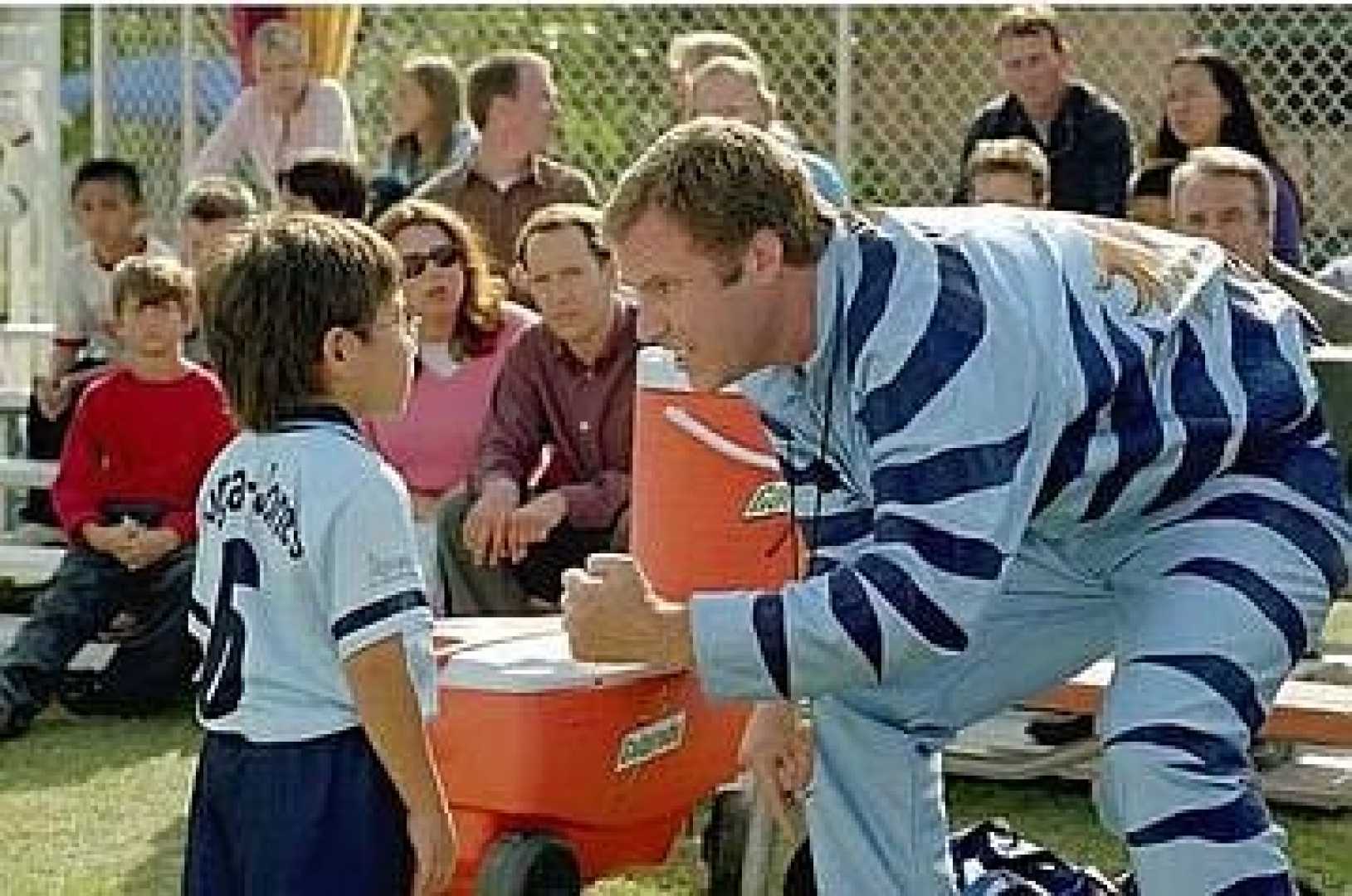Sports
Parental Outbursts at Youth Sports Games Spark Calls for Stricter Policies

LOS ANGELES, Calif. — A recent surge in unruly behavior by parents and coaches at youth and high school sports games has prompted state athletic associations to consider stricter penalties and policies to curb the growing problem. Incidents of berating referees, insulting players, and near-physical altercations among spectators have become increasingly common, overshadowing the games themselves.
“We have continued to hear of issues of unsportsmanlike behavior, bench-clearing brawls, and other incidents that have no place in education-based athletics,” said Dana Pappas, director of officiating services for the National Federation of State High School Associations (NFHS), in an email to USA TODAY Sports. The NFHS and state associations are now grappling with how to address the issue effectively.
In California, the California Interscholastic Federation (CIF) is proposing harsher penalties for ejected coaches and spectators. Under the new rules, a coach ejected for reasons other than fighting would miss the team’s next 1-3 games, up from just one. A second ejection would result in a six-game disqualification, and a third would end the coach’s season. Spectators ejected from games would also face stricter consequences, missing the next three games instead of one.
“We’ve really tried to impress upon our coaches that this is something they need to look at as far as how they behave,” said Ron Nocetti, executive director of the CIF. “If you see a coach jump off a bench at a basketball game, start waving his arms in the air and getting upset about a call, you see the parents start to do the same thing.”
New York State has implemented a similar spectator policy, requiring ejected individuals to sit out the next game or complete a parent credential course before returning. Todd Nelson, assistant director of the New York State Public High School Athletic Association, emphasized that while disagreements with referees are part of the game, crossing the line into inappropriate behavior is unacceptable.
“It’s when you take it to that next level, using inappropriate language or actions, that’s what needs to be addressed,” Nelson said. “That’s where people have taken it too far.”
In Minnesota, the state’s high school league has also taken steps to address the issue. Jason Nickleby, assistant director of the league, recounted a recent incident where an officiating crew was followed to their car by disgruntled fans. A survey of sports officials in the state revealed that while 94% of officials reported a positive experience overall, every respondent had encountered negative behavior from coaches or spectators.
“The message to the schools was, as much as our officials love what they do, they’re one bad experience from walking out the door and not coming back,” Nickleby said. “We need to keep our good, experienced people because they manage games better, kids are safer, and there are fewer issues.”
The NFHS is also focusing on mentorship programs and increased training to retain officials. Pappas noted that while the federation has seen an influx of new officials—21,360 new registrants across 28 states in 2023—retaining them remains a challenge due to behavioral issues among fans.
Coaches, too, are being urged to set a better example. UConn men’s basketball coach Dan Hurley, known for his fiery demeanor, recently acknowledged his role in escalating tensions during games. “I just wish they put the camera on the other coach more,” Hurley said after a game. “I see the other coaches as demonstrative as I am. But obviously, I’ve created this for myself. I’m not the victim.”
As state associations prepare to vote on new policies in the coming months, the focus remains on creating a safer, more positive environment for young athletes. “High school sports should be different because it’s not about a contract for winning and losing games,” Nocetti said. “It’s about education-based athletics. Anyone who behaves that way in high school sports, I simply would ask, ‘Tell me how that’s educationally based?'”












